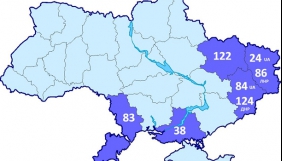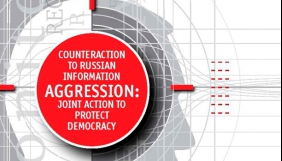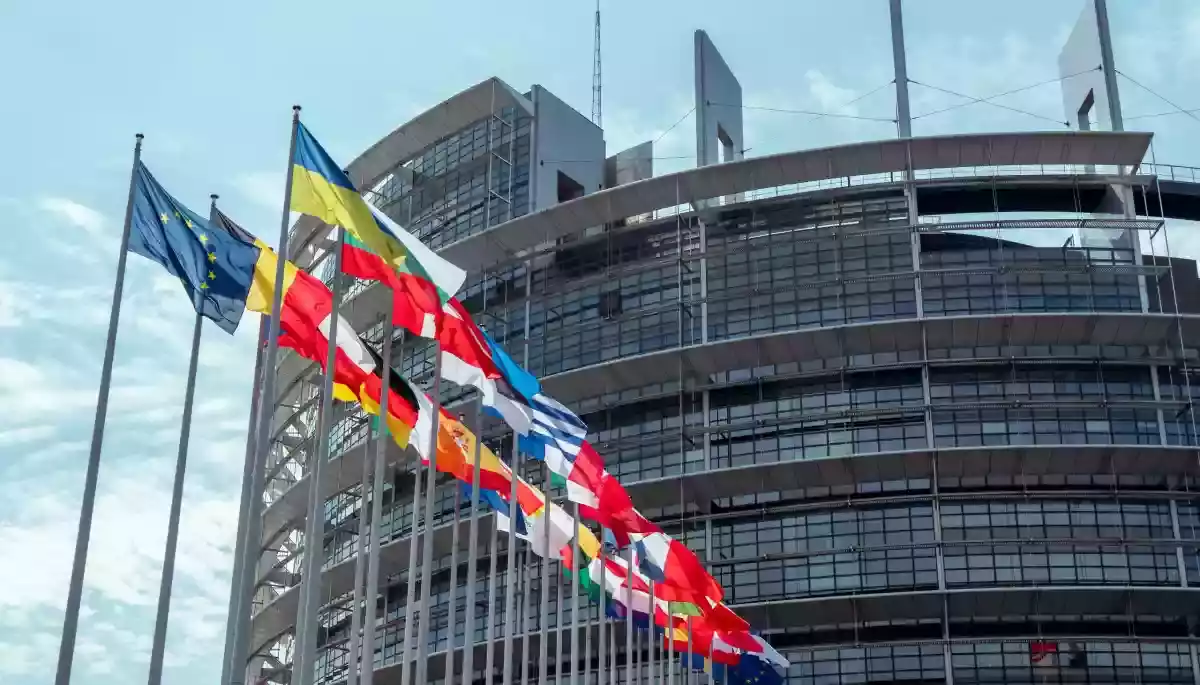
Public Authority Bodies Performance in Information Policy and Media Regulation Field: Monitoring Report (1st half of 2016)
Public Authority Bodies Performance in Information Policy and Media Regulation Field: Monitoring Report (1st half of 2016)


First six months of the year did not show significant developments in the media public policy. Despite the war and desire of some groups to have strengthened influence of the state on the information processes, the government is decreasing the pubic media resources and does not practice total censorship (though this does not mean automatic movement towards wider freedom of speech guarantees).
The authorities kept on implementing and improving the media reform initiatives laid in 2015. For example, this is about the public-service broadcasting reform, media ownership transparency, denationalization of print media. The Parliamentary Committee for freedom of speech and information policy is still the most active on these matters; the State Committee for TV and Radio Broadcasting and the National Council for TV and Radio Broadcasting are rather doers but they are actively involved in new regulations elaboration. The reforms are on-going; the authorities (in cooperation with the civil society) have proper monitoring of these processes and show the dynamic adjustment capacity.
Additional actions are taken to reduce the Russian information influence efficiency. Some infrastructure solutions are being offered by the Ministry of Information Policy but there is no proper public funding so their implementation is very slow. The nature of adopted regulations is restrictive, the government has not yet offered any positive incentives for the national producer of information product. Communication solutions are realized through the MIP’s communication campaigns only, and it is impossible to assess their performance.
Generally speaking, the actions of authorities were positive but some of important matters were left without proper consideration. For example, the law about audio-visual services is still not here while it was supposed to replace the outdated TV and radio broadcasting law; the digital broadcasting transition is stalled; there is no law on media funding transparency as a logical complement of the media ownership transparency law (“On amendments to some laws of Ukraine for the media ownership transparency as well as for the implementation of public policy principles in the field of television and radio broadcasting”); the country being at war for almost two years still does not have any baseline paper on information security; the public approach to solving of social and psychological problems of the society is still unclear. Elaboration of some strategic papers announced by the Ministry of Information Policy is postponed. Adequate distribution of information policy functions between the public bodies has not been addressed (and the discussion on that matter has not been initiated). The strategy of Ukrainian media legislation harmonization with the European standards does not have a time schedule, so it is impossible to monitor its implementation.
Some solutions (or the lack of solutions) from the authorities signal about strong corporate influences, limited readiness to conflict with the industry’s representatives when introducing changes, susceptibility to political situation. This affects the performance of the authorities, makes public policy inconsistent and nontransparent, and creates additional barriers for the government and civil society cooperation on information policy matters.
To download the full report click here.
The monitoring is undertaken within the Strengthening Public Control in Media Field Project funded by National Endowment for Democracy (NED). Opinions reflected in the Report belong exclusively to Detector Media, and do not obviously reflect position of NED.















